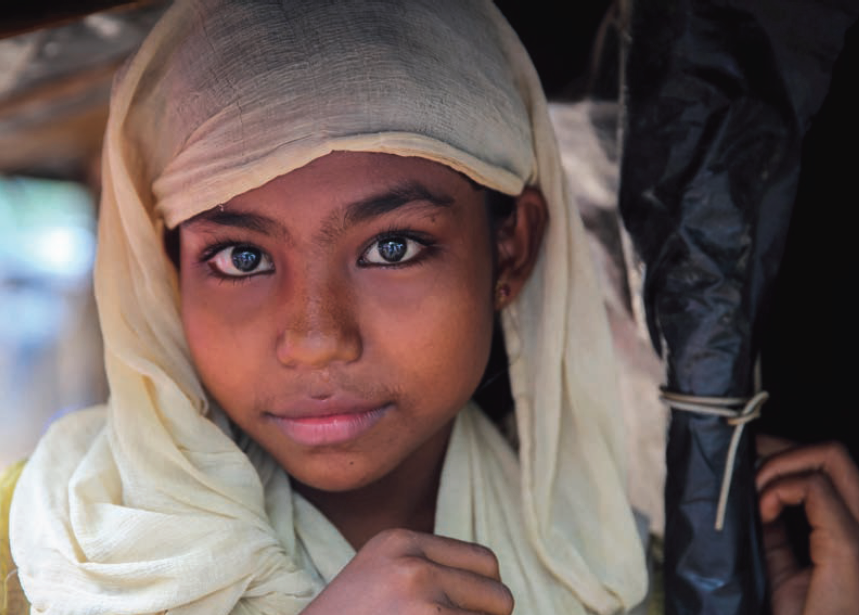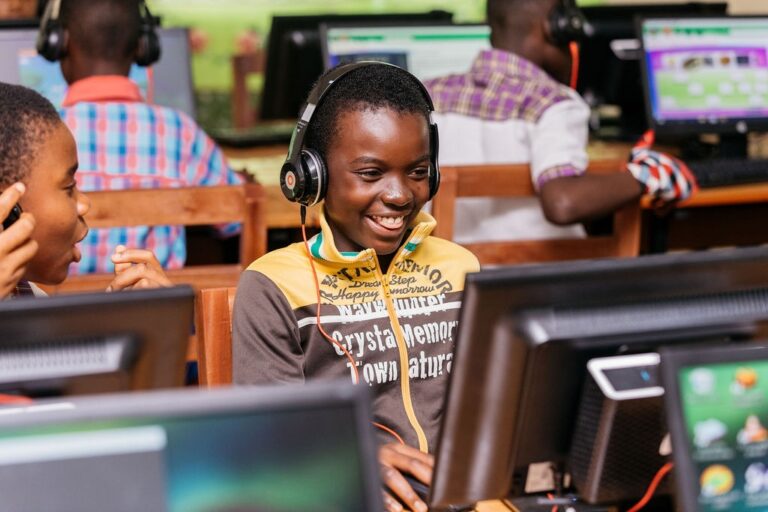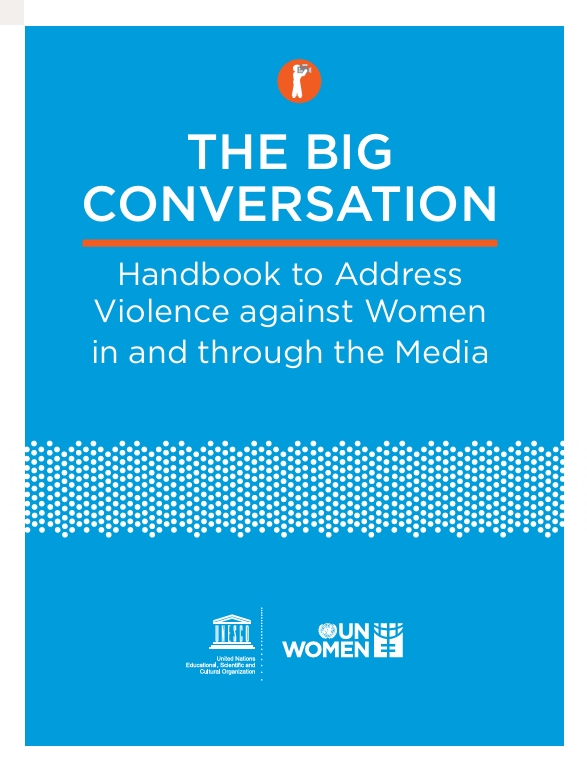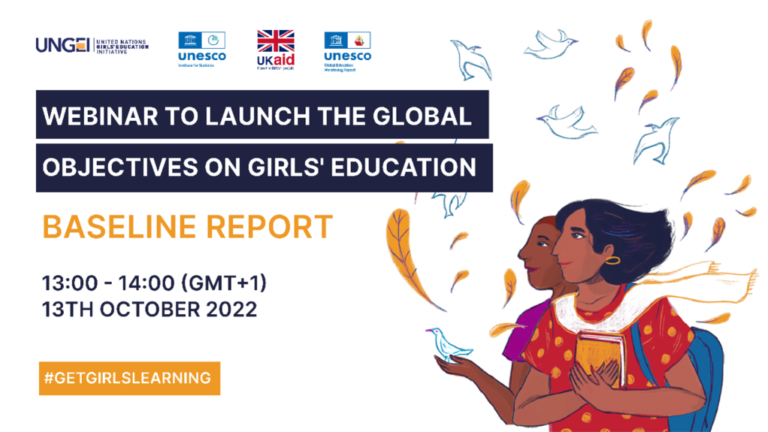Childhood Interrupted
Download the Report from PLAN International, 25 February 2018
At least 688,000 refugees have fled Myanmar’s Rakhine state, following an extreme escalation of violence, and have sought safety in neighbouring Bangladesh. More than half of them are under 18.
The Rohingya refugee crisis is a children’s emergency.
Childhood Interrupted reports the views, hopes and desires of children affected by the Rohingya crisis. This qualitative research was conducted in partnership with World Vision International and Save the Children.
The findings are presented in 2 ways:
Part I, My life in the camp, is a fictional account written from children’s perspectives. It takes the reader through a day in the life of children in the camps, touching on their day-to-day activities, experiences and challenges, based on the children’s testimonies and key findings.
Part II presents the consolidated analysis from the children’s consultation exercise.
Extract of Part I: My life in the camp
Although the characters are fictional, their experiences are real and are based on testimonies and perceptions of the children and women who took part in the consultation.
Rehana is a young girl, living with her parents, grandparents, brother Faisal and younger sister Aziza. This is what she says:

![When we have enough food, she [my mother] usually prepares a small breakfast for my dad and Faisal before they go to the mosque. My grandparents, Aziza and I normally eat breakfast once they have left, but not today, because we have no more food.](https://plan-international.org/sites/default/files/styles/flexslider_full/public/lifeinthecamp-breakfast.png?itok=sjDmCkJe)






![When we have enough food, she [my mother] usually prepares a small breakfast for my dad and Faisal before they go to the mosque. My grandparents, Aziza and I normally eat breakfast once they have left, but not today, because we have no more food.](https://plan-international.org/sites/default/files/styles/flexslider_full/public/lifeinthecamp-breakfast.png?itok=sjDmCkJe)






